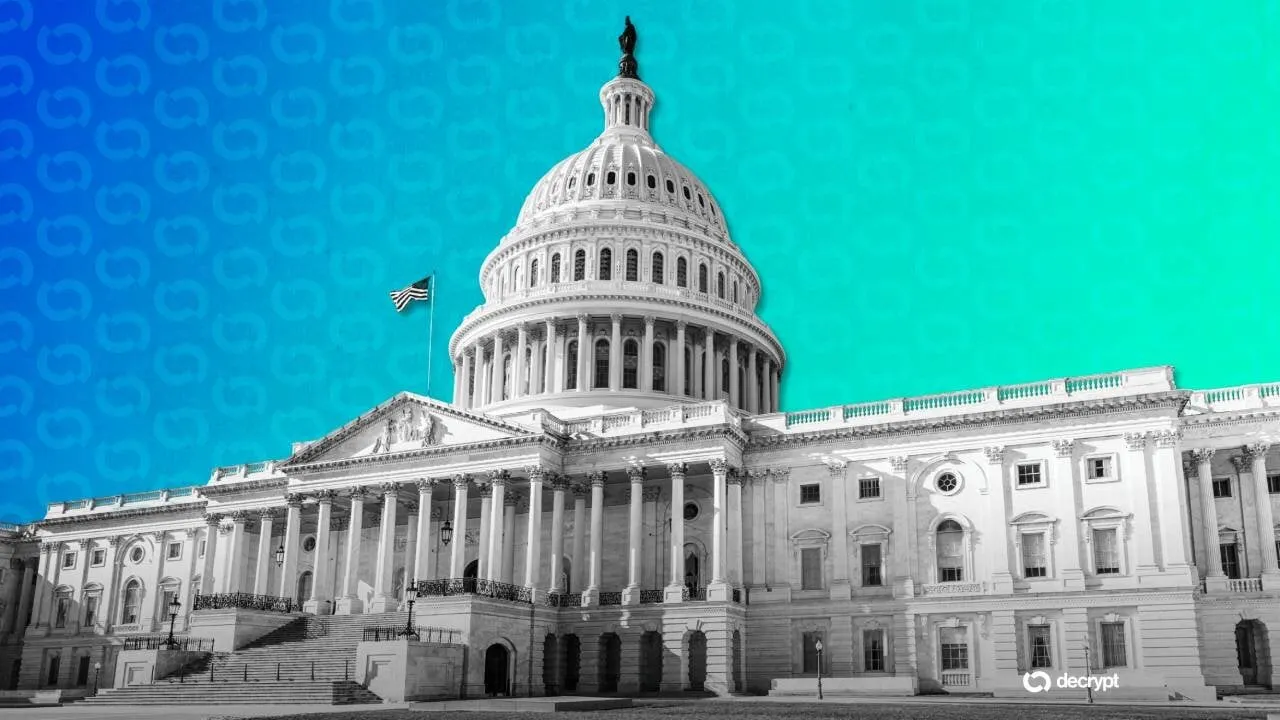In brief
- Anton Kobyakov, an advisor to Russian President Vladimir Putin, said the U.S. is using crypto to help fix its debt issue.
- Kobyakov highlighted stablecoins will play a role in the U.S.'s debt devaluation.
- He added that the U.S.'s actions are at the "world's expense."
An advisor to Russian President Vladimir Putin said that the United States is attempting to use crypto and gold to escape its massive debt.
In a final press briefing at the Eastern Economic Forum in Vladivostok, Russia, Deputy Chairman of the Organizing Committee of the Forum and Putin advisor Anton Kobyakov said that the U.S. is trying to ease its debt burden at “the world’s expense.”
“The U.S. is now trying to rewrite the rules of the gold and cryptocurrency markets. Remember the size of their debt—35 trillion dollars. These two sectors (crypto and gold) are essentially alternatives to the traditional global currency system,” said Kobyakov according to a translation by Russia Direct.
“Washington’s actions in this area clearly highlight one of its main goals: to urgently address the declining trust in the dollar.”
According to Kobyakov, the U.S. will ultimately place its debt into stablecoins and then devalue it.
“Put simply: they have a $35 trillion currency debt, they’ll move it into the crypto cloud, devalue it—and start from scratch,” he said. “That’s the reality for those who are so enthusiastic about crypto.”
Decrypt reached out to the U.S. Commerce and State Departments.
Crypto enthusiasts have highlighted that the growing U.S. debt crisis may ultimately benefit the asset class, with Coinbase CEO Brian Armstrong suggesting in June that it could lead to Bitcoin becoming the global reserve currency.
Skepticism surrounding the United States’ increasing entwinement with crypto, and stablecoins in particular, is not a new phenomenon. But under the Trump administration, regulators and lawmakers have become more comfortable with these digital assets which are typically pegged to the value of fiat currencies.
In July Trump signed the GENIUS Act into law, creating a clear framework for the issuance and trading of stablecoins in the U.S., and earlier this year Treasury Secretary Scott Bessent that he believes the crypto could help establish U.S. dollar supremacy, not diminish it.
Despite the comments from Kobyakov, Russia is aiming to work with stablecoins too. In July, Russian state media reported that a state-owned weapons manufacturer was working on a ruble-backed stablecoin which would launch on Tron.
Russia banned crypto payments in 2022, but has since become more open to digital payments for international settlements. In March, its central bank proposed an initiative that would allow wealthy individuals to buy and sell crypto.
Daily Debrief Newsletter
Start every day with the top news stories right now, plus original features, a podcast, videos and more.

